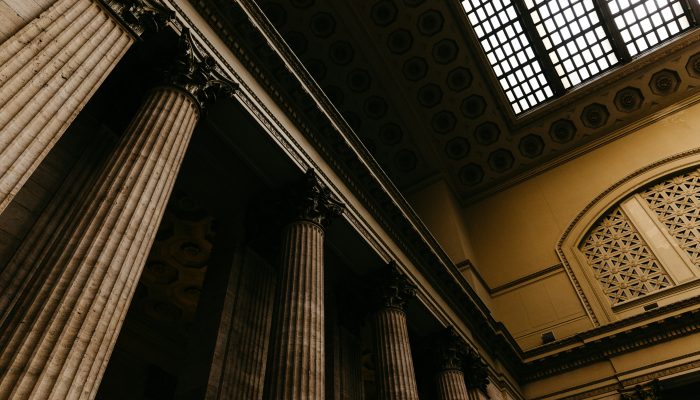The Federal Bureau of Prisons (BOP) is still having issues interpreting the First Step Act (FSA), which was enacted in December 2018 under Donald Trump. As Trump returns to the White House next January, he’ll see a BOP that is still struggling in implementing FSA, which was meant to save money on incarceration. However, the BOP has continued to interpret the FSA in a way that favors longer incarceration in institutions rather than sending men and women into lesser restrictive community options, such as halfway houses and home confinement. A judge in the Middle District of Alabama made a ruling that could affect the sentences of thousands of federal prisoners, if the BOP would make a broader change to its policies rather than addressing issues one at a time in court.
The Supreme Court ruled this year in Loper Bright Enterprises v. Raimondo, that government agencies are limited in how they interpret the implementation of a law. In Loper, a group of herring fishermen from New Jersey objected to a federal rule requiring them not only to host government monitors on their boats but to pay the cost of those monitors—about $700 a day. The fisherman pushed back and the Supreme Court sided with them. However, the ramifications of the decision go far beyond fishing.
The BOP was tasked with implementing FSA and the law seemed easy when the law was passed. It allowed some prisoners, minimum and low security, who did not have a disqualifying crime, to participate in programming to earn up to 365 days off of their sentence. They can further earn credits toward prerelease custody, halfway house and home confinement. But when a prisoner can start earning was defined by the BOP as starting when a person arrives at his/her designated institution. That turns out is a big deal.
Many prisoners, particularly those who are minimum security, are allowed to voluntarily surrender to prison weeks after sentencing. When the person arrives at prison, that is when their sentence starts and when they can start earning FSA credits. However, there are other prisoners who are in custody at sentencing or who are taken into custody at sentencing, who need to wait for their designation and then be transferred to the prison. This process can take months and the BOP has determined that the time between the sentence and when the person in custody arrives at the institution is not counted toward FSA credits. While this may not be that big of a deal for a single prisoner as it relates to days off the sentence, this situation happens to thousands of prisoners every day, making it a huge cost to the BOP in thousands of prisoner days.
One thing Trump will be looking for from the BOP is cost savings, something that was a key to his signing FSA into law. According to the 2024 report on FSA, the BOP, “As was the case in the last Report, it is too soon to assess cost savings resulting from the implementation of the FSA.” Holding prisoners in crumbling institutions longer than necessary is going to continue to cost more and more, something the incoming administration may not tolerate.
You can read the full article at Forbes.

